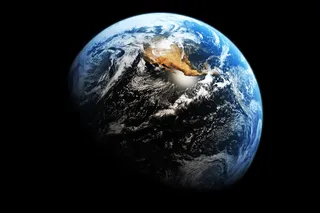Over at Scientific American Blogs Maria Konnikova posts Humanities aren’t a science. Stop treating them like one.The whole write-up leaves me scratching my head, because I don't really get what the whole point of all the prose is. This is a thesis that is as old as 19th century romantics, and not all too complicated. The author herself has an academic webpage which indicates she works within an analytic framework that's anything but "soft." There are huge confusions with terminology, and Jerry Coyne has a response which addresses many of my questions (e.g., what exactly is the alternative to doing statistical tests in psychology? Rely on the impressions and intuition of the researchers and just trust them?). But let me highlight one section:
... Societal conventions change. And is today’s real-world social network really comparable on any number of levels to one, say, a thousand, or even five or one hundred years ago?
Yes, today's
real-world social network probably is comparable to those of the past.
There is some science on this issue. Not even rocket science with abstruse statistics. Science which is highly relevant today. Question science, and it may surprise you with what it has discovered! On a real scientific note: the great thing about science as a system and method, rather than individual erudition, is that it advances. Consider the case in phylogenetics. Before the cladists you had to rely on the expertise of domain specialists, and perhaps some phenetic similarity methods. Now everyone is shifting toward Basyesian phylogenetics (or maximum likelihood if you want speed). Yes, the statistics can be daunting and the computation herculean, but this sort of progress actually makes knowledge more democratic and precise. You don't have to have devoted your whole career to one small branch of the tree of life to say something about the nature of evolutionary processes. I can grant that there are problems, and sometimes negative returns, on attempts to quantitize or formalize every domain of scholarship. And I do agree that I am skeptical of the drive for science to swallow up all the territory of scholarship. But Maria Konnikova's broad and expansive argument rankles me because it seems reminiscent of reactionary nostalgia for the age when there was true wisdom in gurus and initiates, those who had developed powerful intuition about specific subjects through means esoteric or ascetic. I don't assert here that the author has any such intent, rather, I suggest that her broadside against scientification substantively supports the repeal of much of the democratization of knowledge through the dissemination of models and methods.













